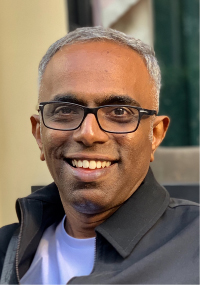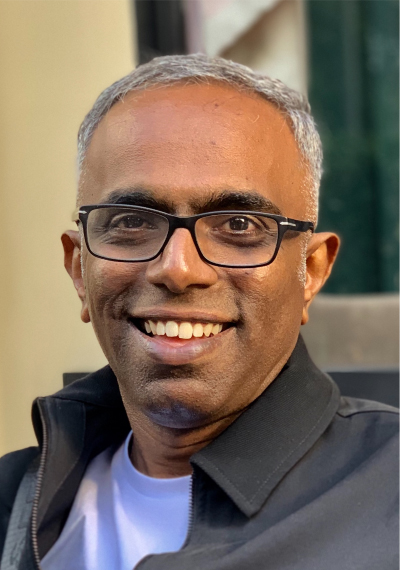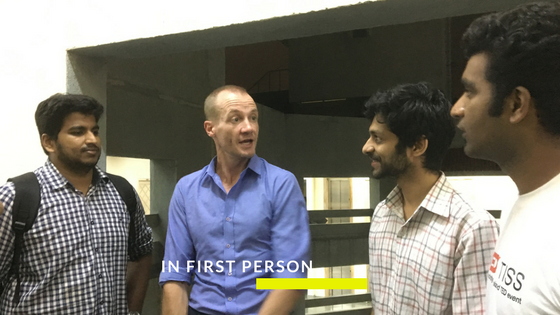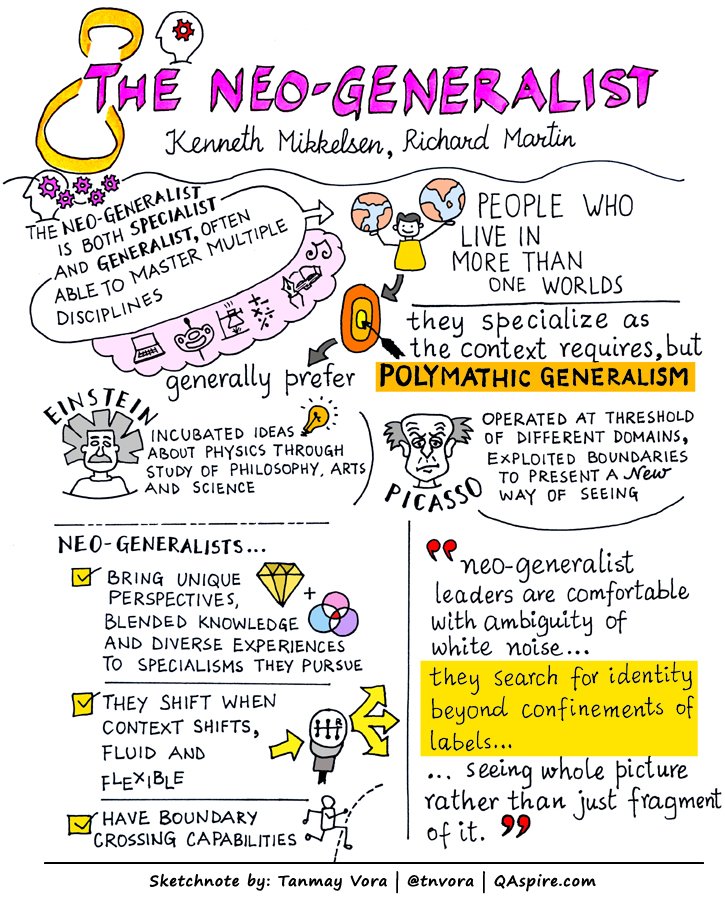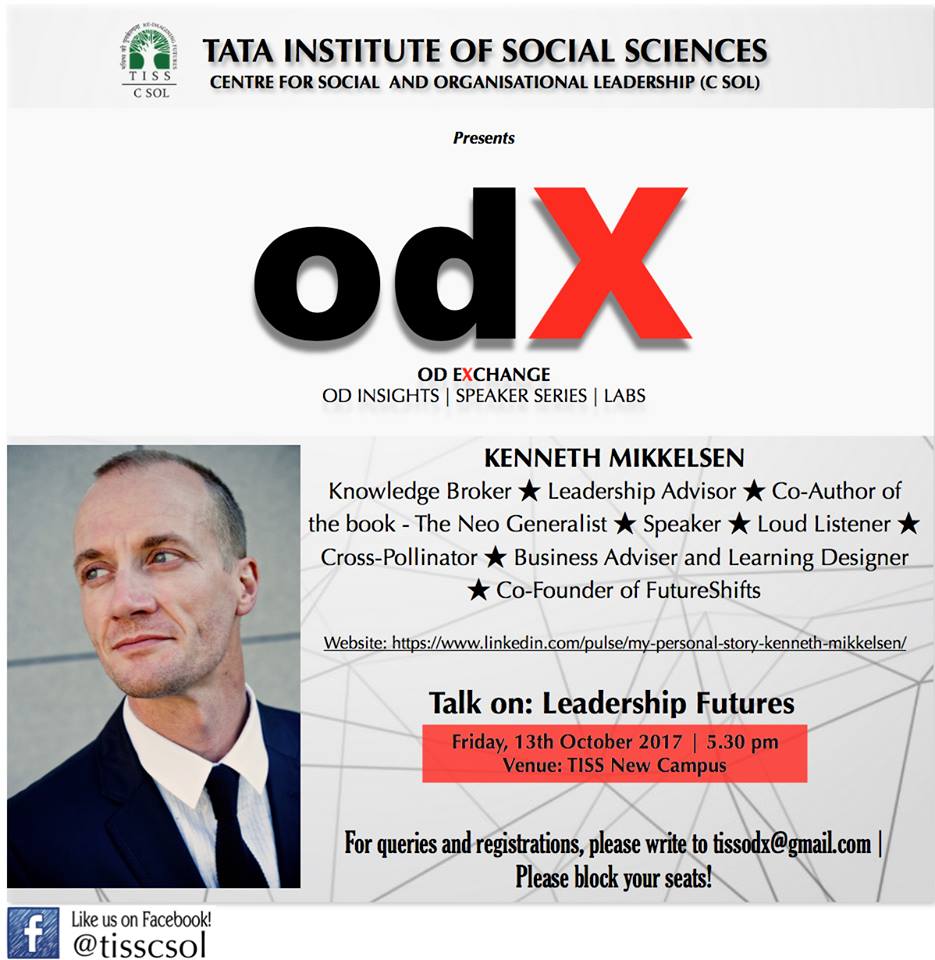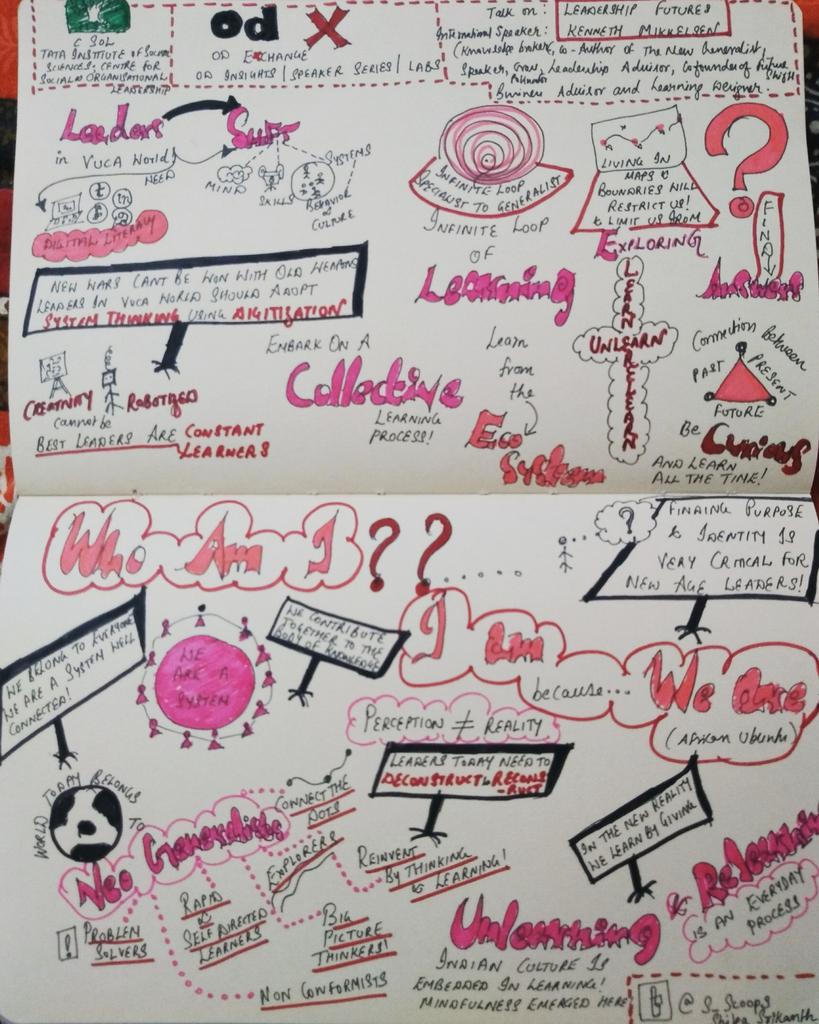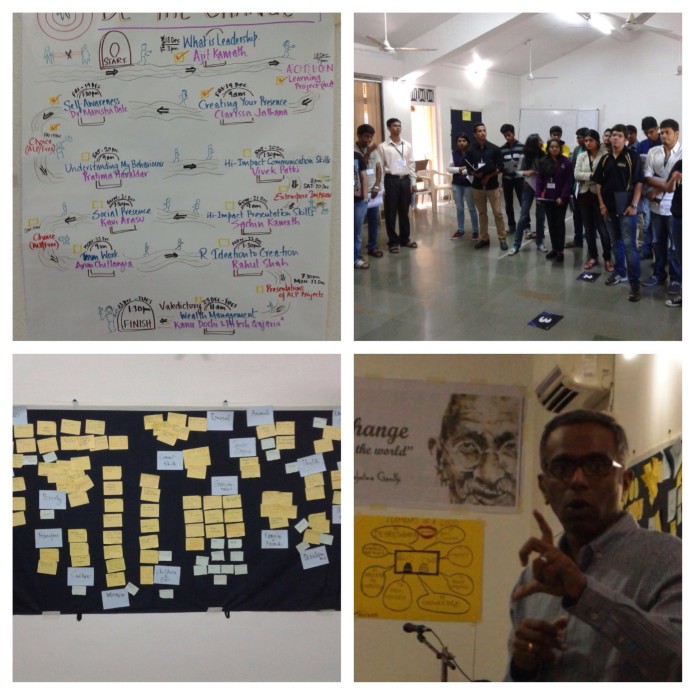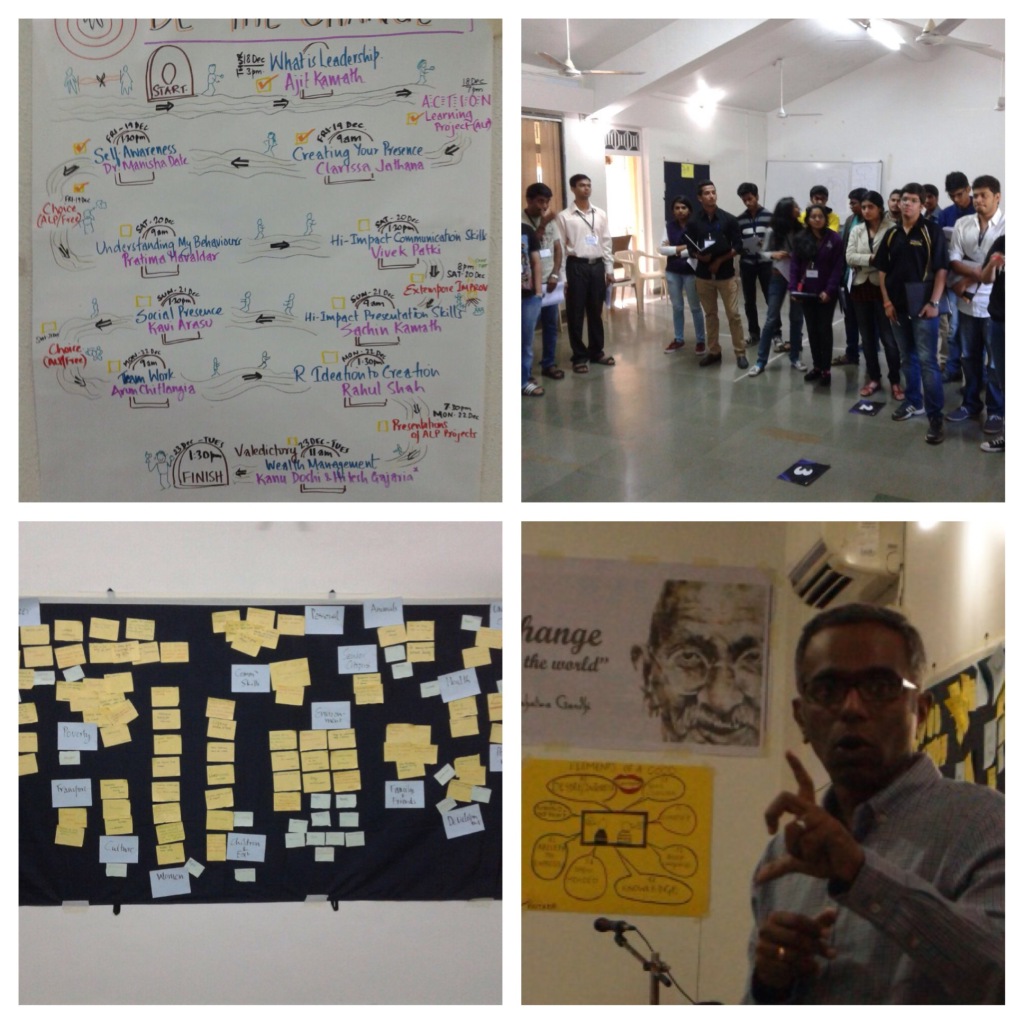When you have been humming a favourite tune for a while and then to have it sung to you by the singer who sung it in the first place, is rare. To put it mildly. “The Neo-Generalist” has several tunes that have stayed with me. And then, Kenneth Mikkelsen one of its authors came to Mumbai. We have exchanged notes and followed each other’s work for a while now. So to catch up with an original neo-generalist and hear the context behind the points of views, was fascinating.
I read “The Neo-Generalist” co-written by Kenneth Mikkelsen and Richard Martin months ago. I was then in the eye of a personal change storm myself. Busy trading cartons of corporate experience for a flimsy backpack-wielding walk across the big wide world. The first tentative steps towards discovering what it meant to be ‘boundaryless’ were fulfilling and occasionally overwhelming.
‘The Neo-Generalist’ had held me together as I read stories of several others who had gone on this path before. Clutching a bunch of interests, sharing a worldview that was broad and most importantly, acting on their beliefs. The book fascinated me and has served as ready reckoner many times since. ( Richard and Kenneth and share their thoughts and work and do take a moment or two to follow their work).
The book tangibalised my meandering ways. Wrapped in the assurance that emerged from stories of different people, curated with care and laid out with brilliance, my ways found my feet. It taught me the importance of ‘serial mastery’. The importance of hybridisation in a world that favours labels and specialists. To specialise multiple times and to see the vastness of potential that resides within every person was energising beyond liberating.
Several aspects of the book have kept me unwavering company. Am going to state two here. One, an image. Another, a phrase that morphed into a couplet. The image is that of an ‘infinite loop’. 
An infinite loop of seamless movement through life that made the pathways credible. The seamless movement offering much energy and life to careers and life, that have become limited by labels, functions and designations. Through a rich array of examples, powerful metaphors, and flow, the richness of what it means to be a ‘neo-generalist’ emerged.
Now for the couplet. “Jack of all trades and master of none” is pretty well known. Often spoken with an undertone of negativitiy and dismissal. This morphing into a couple was unknown to me. The couple was “Jack of all trades, master of none, though oftentimes better than master of one”. Pretty neat. I thought.
As much it was personal, there were other aspects too. After reading and debating with friends, mentors, colleagues and other experts across the board, it was becoming clear that the ‘Future of Work and learning’ was going to be quite different than our present ways. It was obvious that broad perspectives coupled with possibilities of dialogue and convergence were important. Linear thinking and limited ways has brought frayed success and deep residual issues. Polymathic ways of thinking and living needed a shot in the arm and the book was precisely the remedy the doctor ordered.
That’s about the book. My good friend Tanmay’s sketch note in should give you a drone’s eye-view of the book. ( Read his blogpost here).
It is one thing to read a book and it is another to spend a few hours with the author. It is quite something else to do both! We shot the breeze, exchanging ideas and experiences from the roads that we have trodden. Similar roads and different pathways and here we were, talking to each other. Exploring the neo-generalist in each other and relishing the intensity of our current multi-disciplinarian pursuits.
Cut to Tata Institute of Social Sciences ( TISS ). Heres some context.
Amongst the things I do, I am a visiting faculty at TISS and teach Advanced Learning & Development to a bunch of enthusiastic students who are pursuing their masters in Human Resources. We are trying our hand at mirroring the modern world with its tools and tackles in the classroom. It has challenged our collective imagination but the class is doing good.
The class has its own slack channel where there is a continuous conversation that’s on. A fledgling hashtag ( #Tisslabs ) on twitter, the class is often punctuated by bursts of hard reflection and active conversation online. Much of it is under the hood. We recognise that we are just about warming up and have all the excitement to go a long distance. If you have a point or two about what we should be doing in class, or if you are interested to participate, please do give us a shout.
So, when I proposed the idea of interacting with Kenneth and learning from conversations with him, the class took it to the next level. They proposed that the stage must be that of the Centre of Social and Organisational Leadership ( C SOL ). A body that is working to advance global and local thinking and practice of Organisation Development, Change and Leadership. Working with Prof. Vijayakumar, Chair and Professor at C SOL, the class made an interaction possible.
The evening was special. Kenneth drew from the book, his experiences, his India story, research, anecdotes from around the world and such else. Students, professors, practitioners, research scholars were in the audience. The thoughts elicited discussions, questions, and dialogue. Much to the curiosity and surprise of the chai vendor for people forgot about a chai break!
Heres a sketch note by Shilpa Srikanth, that captures the conversation.
The neo-generalist is perhaps ahead of its time said Kenneth in his talk. I think the neo-generalists have always been there. They are the ones who didn’t take the beaten paths but had it in them to weave a different warp and weft. As the sounds of predictability, precision, clarity and definitiveness grows in the modern world, the music that a neo-generalist can create is of a different order. As we discovered with Kenneth.
Hearing him speak took me back to the book. The book is interlaced with some awesome quotes. One of them that I seek to mention here is this: “Nothing changed, except the point of view – which changed everything” – Nick Sousanis, Unflattering. A new-generalist view of the world will change the way we approach ourselves. And our work too. That is precisely what the future needs.
